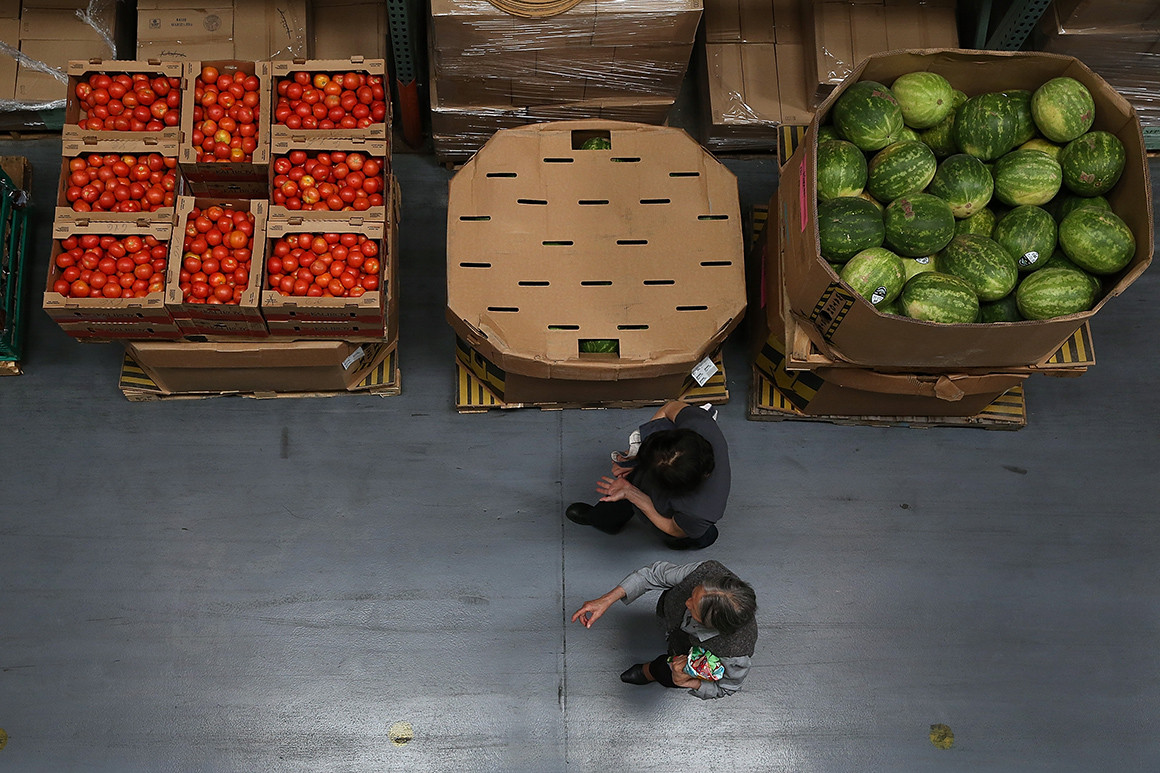By Maya King
Historically black land-grant colleges and universities were created to be centers of food and agriculture research, but in reality many of their students live in food deserts with little access to grocery stores or restaurants.
A majority of the so-called 1890 institutions, named for the year they were incorporated into the U.S. Department of Agriculture’s land-grant program, are located in low-income, rural areas. Most are at least four miles from the nearest grocer on the map, an analysis by POLITICO shows.
Land-grant institutions were founded to provide an agricultural education to students and they receive federal funding to do so. Yet the lack of viable food options around their campuses could make it tough to attract and maintain students, those familiar with the schools say.
Tuskegee, Ala., home to Tuskegee University and the work of agricultural pioneers like Booker T. Washington and George Washington Carver, is ground zero of the food desert crisis at 1890 schools. Its single grocery store, a Piggly Wiggly, contains limited fresh produce options and the hours at the university’s on-campus cafeteria are not accommodating to students who work or take evening classes.
“There is a huge issue of food insecurity at Tuskegee,” said Rev. Audrey Rodgers, director of Tuskegee’s Methodist-sponsored Wesley Foundation, which runs a community garden close to campus. “Students know that if you live in Macon County, you live in a food desert.”
The demographics of Macon County, which ranks among Alabama’s poorest, sit in stark contrast to those of its neighbor, Lee County, home to Auburn University. Though it is also a land-grant institution, Auburn and the city around it have much more food variety than the 1890 counterpart. POLITICO found six times more grocery stores in Lee County — prompting Tuskegee students to drive there to shop, those familiar with the school say.
They shouldn’t feel like they have to leave town to eat, though, according to Norma Dawkins, associate professor of food science and nutrition at Tuskegee.
“It’s a matter of perception,” Dawkins explained. “People have this preconceived idea that because [a grocery store] is in Macon County it’s not good.”

